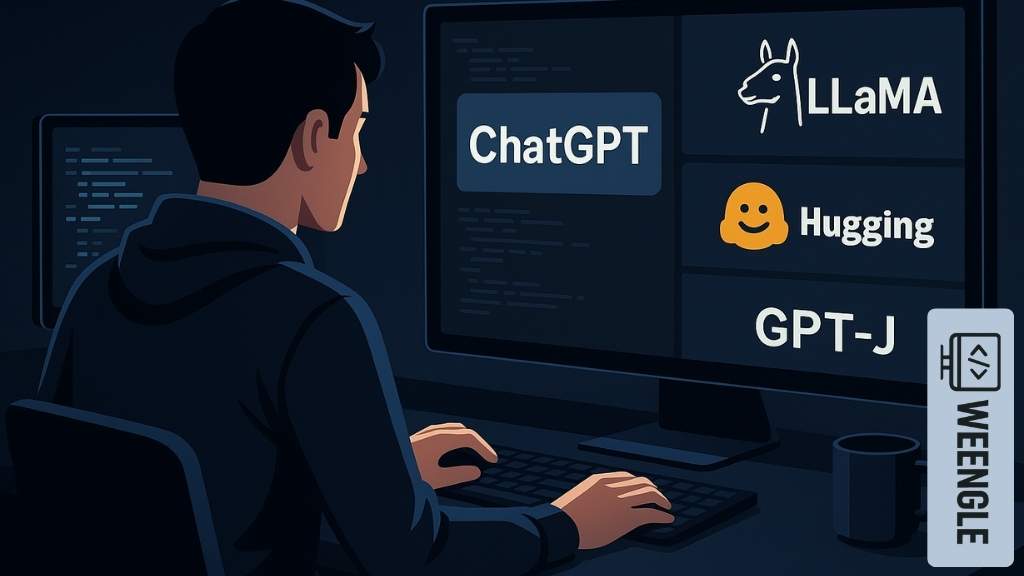97
ChatGPT has revolutionized AI-assisted development. But for those who want more control, transparency, and privacy, open-source alternatives are rapidly evolving in 2025. In this post, we explore the best developer-friendly, open-source ChatGPT alternatives that you can self-host, customize, or contribute to, without relying on closed APIs.
🚀 Why Developers Are Turning to Open-Source LLMs in 2025
Open-source large language models (LLMs) empower developers with:- Self-hosting options for privacy and security
- Custom fine-tuning on proprietary or domain-specific data
- Offline capabilities for edge devices or restricted environments
- Transparency and auditability in AI behavior
🧠 Best Open-Source ChatGPT Alternatives for Developers
1. Hugging Face Transformers
Still the go-to hub for open-source AI, Hugging Face offers hundreds of transformer models—such as GPT-2, GPT-NeoX, LLaMA, and Mistral- via an intuitive API. Great for researchers, developers, and startups alike.2. Text Generation Web UI
This sleek web interface supports multiple backends like GPT-J, GPT-NeoX, and LLaMA. It’s ideal for running and testing LLMs locally with a simple graphical user interface.3. LLaMA 3 (Meta)
LLaMA 3 models, released in 2024, are dominating the open-source scene. They deliver ChatGPT-level performance with significantly reduced computational needs. Available in quantized and fine-tuned formats.4. Petals
Run massive models like BLOOM collaboratively over the internet using Petals. It’s like decentralized inference for large LLMs, ideal for devs with limited local hardware.5. Dalai (Alpaca, LLaMA)
Dalai lets you run Alpaca and LLaMA models locally in your browser. Built by the community, it simplifies the whole process for non-experts.🏆 Honorable Mentions
- GPT4All – Run chat-style GPT models offline with built-in UI.
- OpenChatKit – From Together.xyz, designed for multi-turn conversations.
- FastChat – OpenAI-compatible APIs for models like MPT, LLaMA, and Vicuna.

